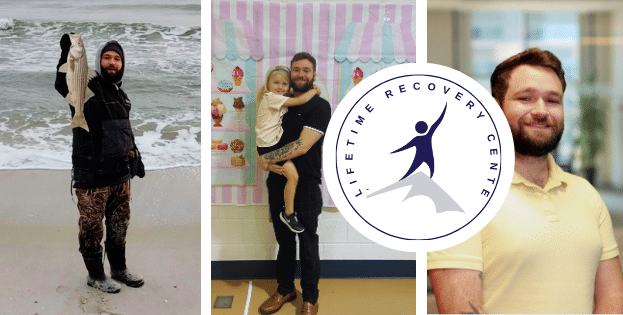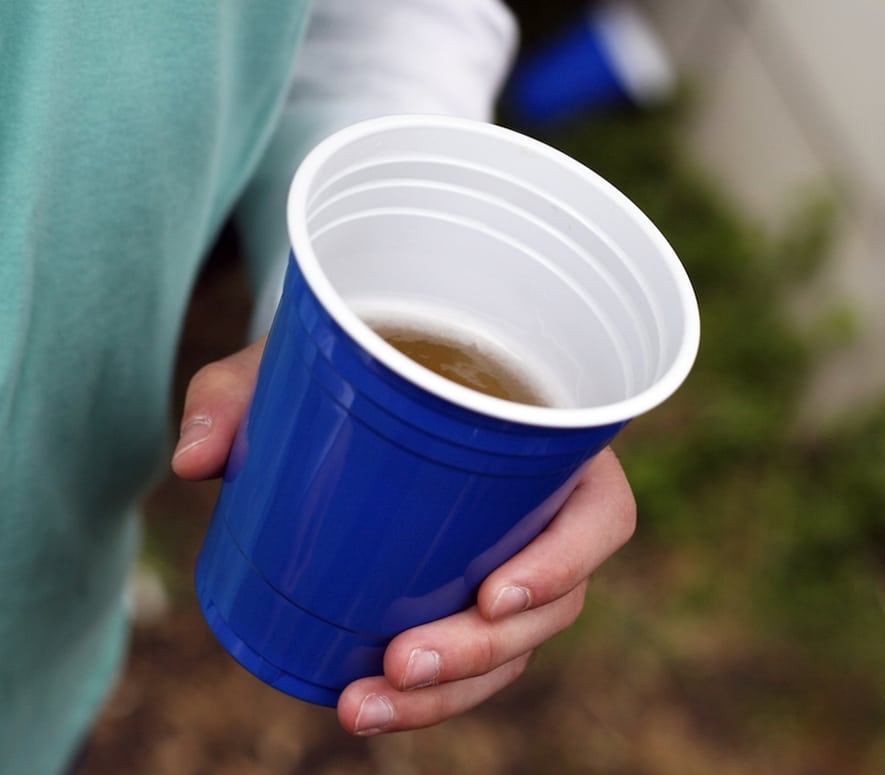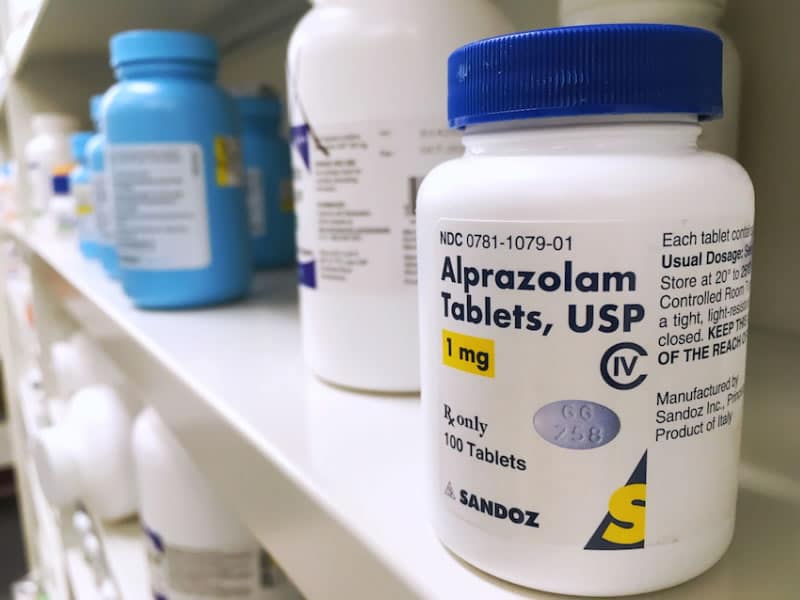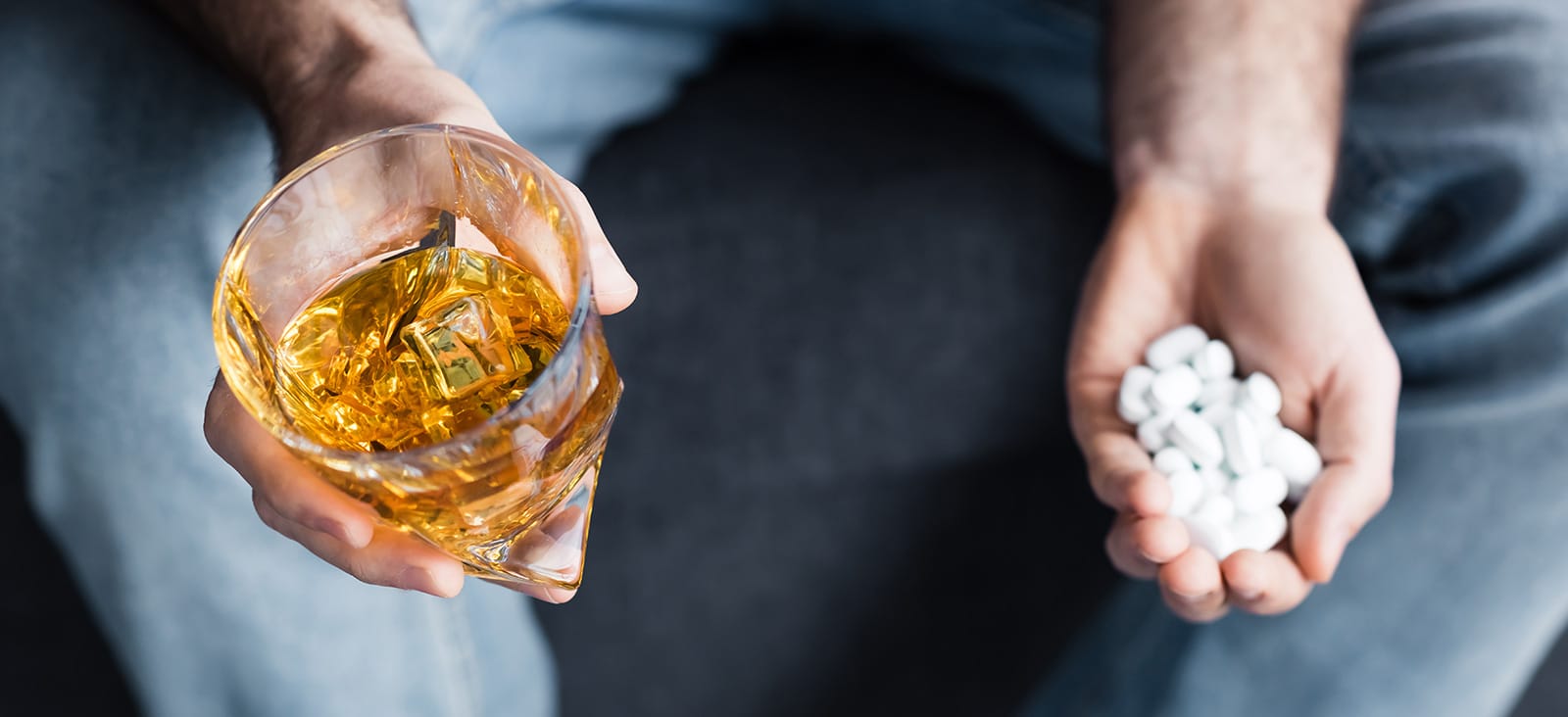Prefer to contact us online instead?
Use this form to send us a message. One of our recovery specialists will respond promptly.
When you become addicted to alcohol, it’s extremely difficult to put the glass down for good. That’s because beating alcohol addiction on your own isn’t something that everybody can do, but that’s no reason for you to feel ashamed. At Lifetime Recovery, we understand alcoholism is a medical disorder and we’re here to help people struggling with alcohol addiction and a wide range of substance use disorders.
What is alcoholism and its effects?
Alcoholism is defined by alcohol use that causes significant problems for the person consuming it. It’s characterized by the inability to control one’s drinking habits and being unable to think of anything other than getting the next drink. Someone with alcohol addiction continues to drink even though it results in negative consequences.
Alcohol addiction takes many forms. Some people are binge drinkers, overconsuming alcohol and then going for many weeks or even months without drinking. Other people may not be obsessed with alcohol on a regular basis, but when they drink, their physical and behavioral response is of an addictive nature.
More importantly, if you’re experiencing alcohol addiction you eventually must drink an increasing amount of alcohol to obtain the desired effects. If you decrease alcohol consumption or stop, you’ll begin to experience withdrawal symptoms.
How we determine need for alcohol addiction treatment
As an alcohol addiction treatment center, we use criteria from the American Psychological Association (APA) to determine whether you need a treatment plan for alcohol abuse:
- Drug Effects – An increased tolerance for alcohol paired with experiencing withdrawal symptoms when reducing or cutting out drinking.
- Social Problems – Disinterest in activities a person once enjoyed as well as a disinterest in work, social, or school-related opportunities.
- Risky Use – Drinking alcohol in risky scenarios despite the consequences.
- Impaired Control – Substance abuse that can’t be stopped or reduced despite an effort to stop.
The APA also writes that alcoholism affects not only the body, but the brain as well.
“Brain imaging studies show changes in the areas of the brain that relate to judgment, decision making, learning, memory, and behavioral control,” writes the APA. As for the body, constant substance abuse can cause lifelong health complications, especially with drinking alcohol.
What are other signs someone needs alcohol addiction treatment?
There are many different alcohol addiction warning signs that inform our medical professionals. You may have several of these challenges or many of them and be considered for alcohol addiction treatment.
They include the following:
- Craving alcohol
- Going on frequent binges
- Feeling guilty when they do drink
- Looking forward to drinking alone
- Experiencing gastrointestinal issues
- Thinking about alcohol all of the time
- Drinking in the daytime or while they are working
- Experiencing tremors when they are not drinking
- Frequently drinking more than they planned to drink
Other signs that an alcohol addiction treatment center may be right for your recovery include:
- Performing dangerous tasks even while intoxicated
- Being uncomfortable when they cannot have a drink
- Having memory loss or blacking out because of alcohol use
- Hiding the amount of alcohol they drink from friends and family
- Drinking that causes financial, emotional, and legal consequences
- Becoming defensive when loved ones tell them they need addiction treatment
- Needing an increasing amount of time to procure, drink and recover from consuming alcohol
Outpatient alcohol addiction treatment often begins with medical detox

At alcohol addiction treatment centers like Lifetime Recovery, the medical staff are here to ease the severity of your withdrawal symptoms. Our medical personnel administer medications that ease nausea and other uncomfortable symptoms.
Some people require a higher level of care for medical detox from alcohol. In those cases, we refer clients to partner alcohol addiction treatment programs that offer inpatient medical detox.
After alcohol detox, you have the option of entering our intensive outpatient alcohol treatment program (IOP). An intensive outpatient program provides substantial medical attention without a large time commitment.
Alcohol addiction treatment and co-occurring disorders
During the detoxification process, other problems can present themselves that you weren’t necessarily addressing when you were drinking alcohol. For example, many people experiencing alcohol addiction also exhibit symptoms of a mental health disorder.
According to the Journal of the American Medical Association, 37% of people with alcohol use disorder also had a mental health disorder.
When people have two medical conditions at the same time, it’s called co-occurring disorders or dual-diagnosis. At Lifetime Recovery our dual-diagnosis treatment program helps people who have co-occurring addiction and mental health issues.
Our alcohol addiction treatment approach
At Lifetime Recovery we treat the person—not just the disease of alcohol addiction. We do this with a variety of evidence-based therapies including individual and group therapy, incorporating cognitive behavioral therapy, dialectical behavioral therapy, and rational emotive behavior therapy into our programs while also emphasizing the importance of long-term healthy and therapeutic behaviors. We offer holistic therapies, including yoga and art therapy and various forms of recreation to help you rediscover healthy ways of living and find joy and meaning in your life. Find out more about our admissions process.
Alcohol addiction treatment center in New Jersey
Trying to detox and go through recovery alone is dangerous and lonely. Supervised detox allows you to start your journey more comfortably and safely. One key component of staying in recovery is having a supportive team of people helping you through every step. Our facility is a safe and peaceful place where you can come to share your struggles and find the support you deserve.
At Lifetime Recovery in Mullica Hill, NJ, in South Jersey, our outpatient and medical treatment center treats people with conditions ranging from drug and alcohol addiction to mental illness.
We’re also one of the few alcohol and drug rehab centers to provide gambling addiction treatment. Through our integrated model and holistic approaches, we provide evidence-based winning solutions for you to recover from cocaine and crack cocaine addiction and develop healthy ways to live the rest of your life.
Serving all of New Jersey, Philadelphia, Delaware, Connecticut, and New York.
Read more from blog
Victory: Essential Tips for Keeping Drug Addiction at Bay
Drug addiction is a challenging battle that affects millions of lives worldwide. As you navigate the complex landscape of substance abuse, it’s crucial to understand the importance of keeping addiction…
From Addiction to Admissions: Nathan’s Inspiring Recovery Journey
At Lifetime Recovery Center, we believe that every recovery journey has the power to inspire and uplift others, offering hope to those who may feel lost in the darkness of…
Alcohol Abuse in New Jersey: Anthony Hicks speaks with NJ 101.5
Our very own CADC Intern, Anthony Hicks, had a chance to speak with NJ 101.5 on the prevalence of alcohol misuse in our community. Check out his take on…
Supporting a Friend or Family Member on Their Sober Journey
The Critical Role of Family & Friends in Sobriety & Addiction Treatment The Road to Recovery: Understanding the Depth of Sobriety Sobriety, at its core, is a deeply personal journey…
Breaking the Stigma: Redefining Sobriety on National Sober Day
Changing Lives Through Alcohol Addiction Awareness Understanding Addiction: A Closer Look Addiction is a complex and multifaceted issue that affects millions of lives worldwide, not only the individuals struggling but…
The Importance of National Sober Day: Spreading Awareness and Support
National Sober Day is a critical observance that sheds light on the journey of alcohol addiction treatment and recovery. Celebrated on September 14th each year, this day holds immense importance…
What Happens to Your Body When You Stop Drinking Booze?
When you stop drinking booze after drinking in large quantities, your blood/breath alcohol content (BAC) will lower over time. But sometimes a person’s BAC remains so high it can lead…
What are Alcohol Addiction Risk Factors?
According to the 2019 National Survey on Drug Use and Health, 85.6 percent of people 18 and older reported that they drank alcohol at some point in their lifetime. 69.5…
The Toxic Side Effects of Mixing Xanax and Alcohol
Xanax® is a central nervous system depressant prescribed for anxiety disorder and panic disorder. Central nervous system depressants slow brain activity, producing a calming effect. The generic name for Xanax…
Dangers of Mixing Alcohol and Xanax
The effects of Xanax with alcohol are extremely dangerous and even fatal in some cases. For example, it is possible to die from a lethal dose of just one drug…











